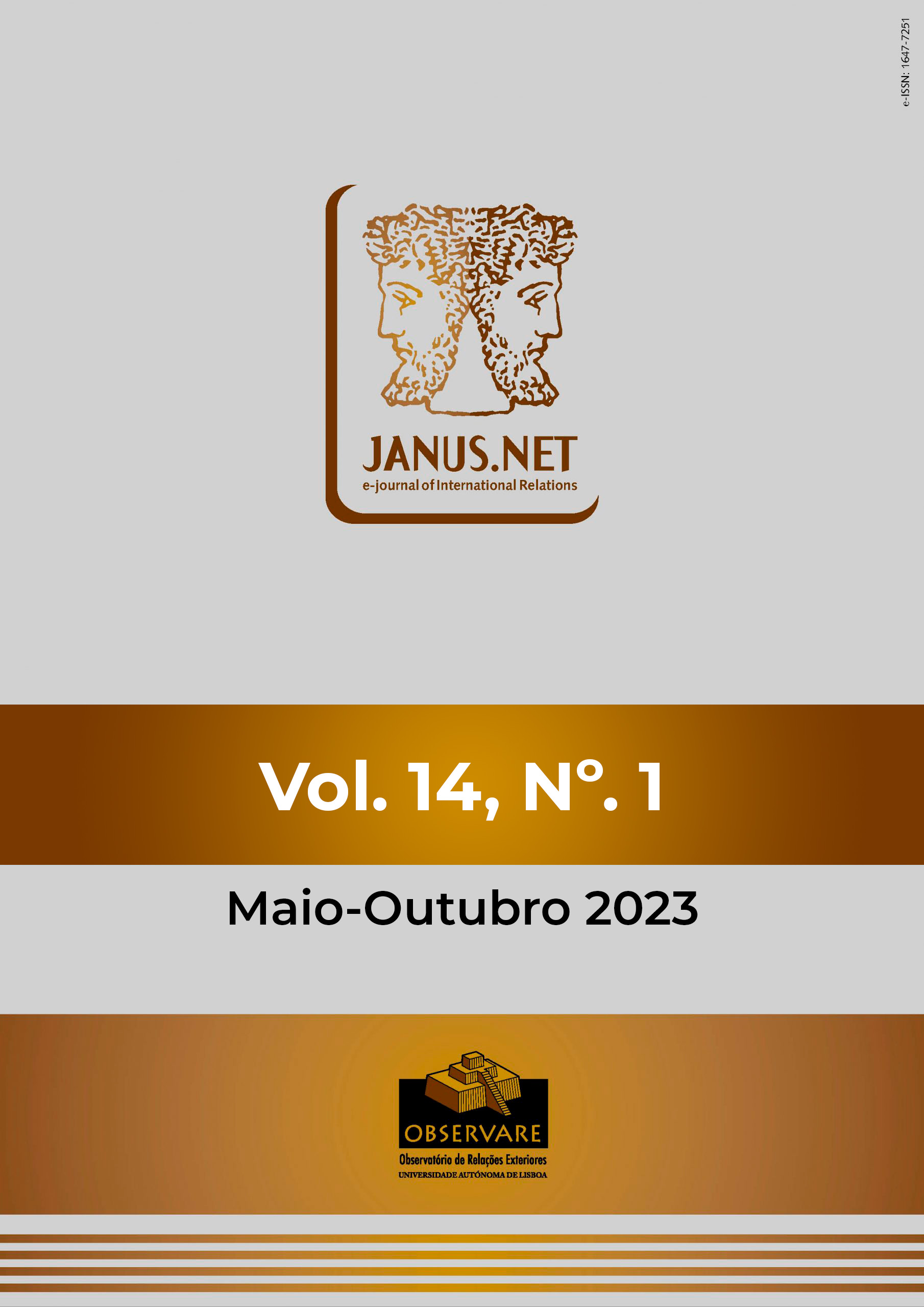A presente análise aborda o ritual do infanticídio da criança-irã como quadro explicativo da
instabilidade política recorrente na Guiné-Bissau, tendo por base os conceitos de humanidade
e comunidade política. O infanticídio é uma prática ritual ligada à crença da existência de
crianças-espírito: acredita-se que alguns bebés são espíritos (irã) envoltos em carne humana.
Assim, estes seres não são nem humanos nem espíritos. Esta conceptualização culturalmente
enraizada da humanidade desafia as noções liberais e comunitárias sobre a natureza humana,
a personalidade e o individualismo, juntamente com as suas articulações sobre a estrutura da
comunidade política.
Na análise, é considerada a forma como este entendimento colide com os fundamentos do
Estado – formalmente, uma república semi-presidencial modelada segundo o sistema demoliberal. Sublinho como o Estado carece de uma reacção organizada, coerente e continuada à
prática e à crença. A inércia do Estado escapa aos predicados liberais e às disposições legais,
que criminalizam qualquer infanticídio como interrupção ilegal de uma vida humana. No
entanto, políticos, governantes e académicos estão conscientes do fenómeno e até partilham
a crença na existência destes seres humanos “híbridos”. Assim, a análise questiona qual a
relevância e a resiliência da conceptualização endógena de humanidade e da comunidade política subjacente à resposta do Estado, e as suas articulações no reforço de uma esfera política estável.
POLITICS AND RITUAL INFANTICIDE: A READING OF POLITICAL INSTABILITY IN GUINEA-BISSAU FROM POLITICAL THEORY
claudiafavarato@edu.ulisboa.pt
She is a postdoctoral research fellow with the Humboldt Foundation, based at the University of
Bayreuth (Germany). She worked as assistant lecturer at ISCSP, of the University of Lisbon; she
obtained a Ph.D. in Political Science and a MS in African Studies from the latter University. In
addition to a MS in International Politics and Diplomacy (University of Padua), she worked as
visiting researcher at SOAS (University of London).
Her main research interests are in political theory and philosophy, with special emphasis on the
notions of humanness, political relations, and political community in African and communitarian
political thought
Resumo
Palavras-chave
Como citar este artigo
Favarato, Claudia (2023). Politics and ritual infanticide: a reading of political instability in GuineaBissau from political theory, Janus.net, e-journal of international relations, Vol14 N1, May-October
2023. Consulted [online] in date of last visit, https://doi.org/10.26619/1647-7251.14.1.12
Artigo recebido em 18 Novembro, 2022 e aceite para publicação em 17 Fevereiro, 2023















